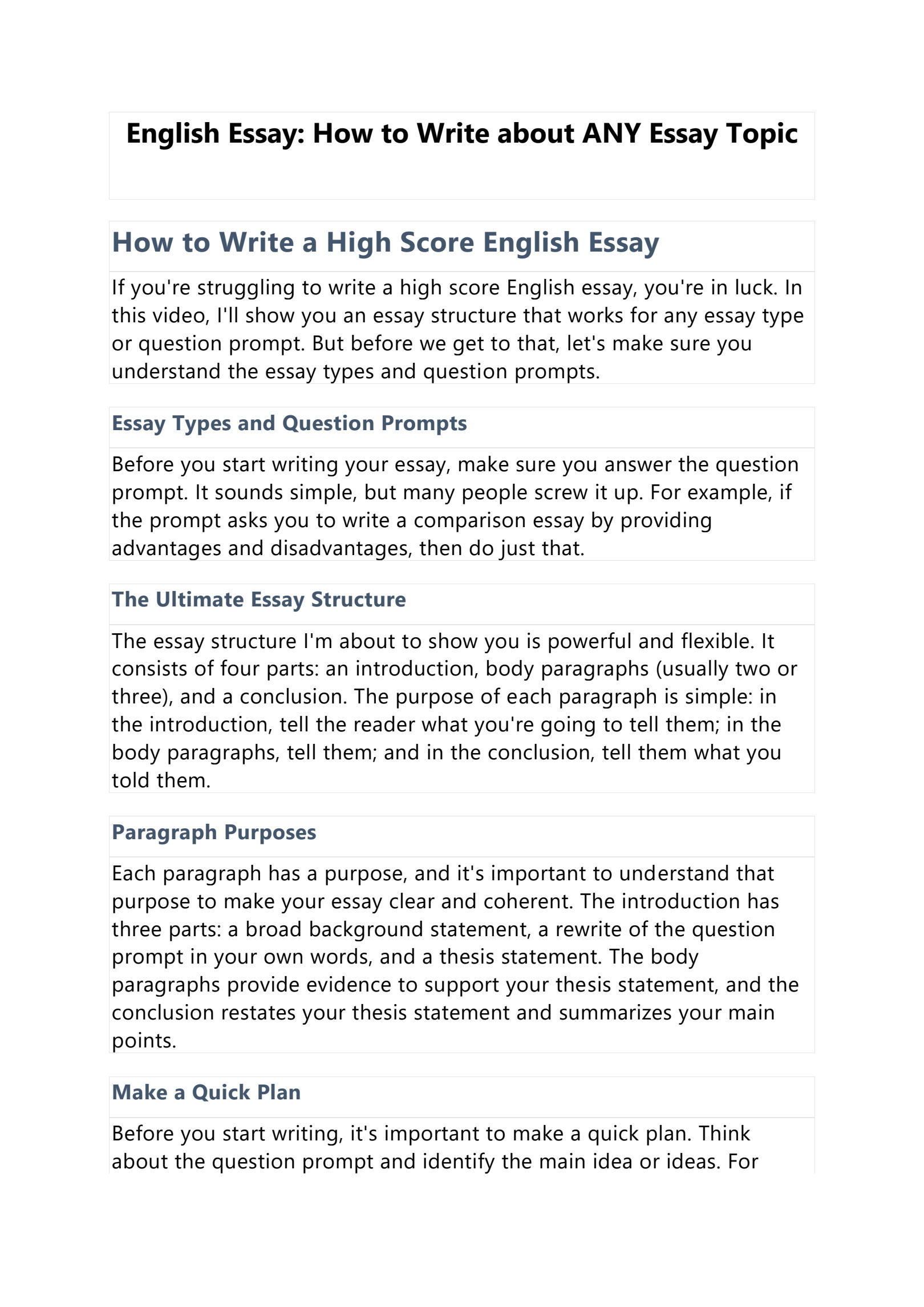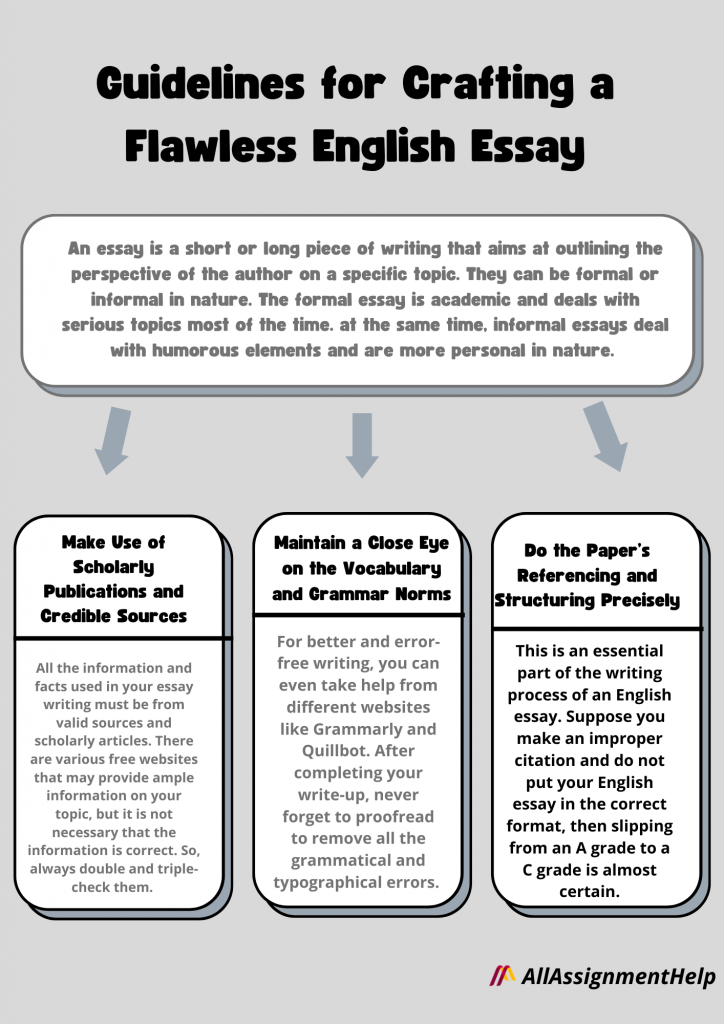Mastering Essay Writing: The Art of Paraphrasing Questions
Mastering Essay Writing: The Art of Paraphrasing Questions
Hey there!
Ever sat down to write an essay and felt stuck on how to use someone else’s ideas without just copying them? You’re not alone.
Paraphrasing is a game-changer in essay writing. It’s all about taking someone else’s thoughts and putting them into your own words while keeping the original meaning intact.
In this article, I’ll share some practical tips on paraphrasing questions that I’ve picked up over time, including insights from a handy YouTube video that’s packed with useful techniques.
Let’s dive in!

What’s Paraphrasing All About?
Paraphrasing is basically rewording someone else’s ideas.
Why do we do this?
Because it shows we get the material and lets our voice shine through.
According to a guide from Scribbr, paraphrasing helps integrate sources smoothly into our writing without leaning too heavily on quotes.
Why Paraphrasing Matters in Essay Writing
When I first started writing essays, I often relied on quotes.
But guess what?
That made my work feel choppy and not very personal.
Once I figured out how to paraphrase, everything changed.
Now, I can express complex ideas while keeping my essays flowing and engaging.
Tips for Effective Paraphrasing
Here’s the good stuff!
I’ve got some solid techniques that really helped me step up my writing game.
1. Get to Know the Original Text
Before you paraphrase, read the original text a few times.
Make sure you know the key ideas inside out.
This way, when you paraphrase, you’ll keep the meaning intact.
2. Switch Up Synonyms and Sentence Structure
Once you’ve got the gist, it’s time to rephrase.
A mistake I made early on was just swapping words for synonyms.
That can lead to paraphrases that are too close to the original, which is a big no-no.
Instead, try changing the sentence structure along with the words.
3. Simplify Complex Sentences
If the original text is hard to digest, break it down into simpler sentences.
This makes it easier for your readers to understand.
4. Keep Key Terms
Some words are too important to change.
If an author uses specific terms that are crucial, keep those in your paraphrase.
5. Always Cite Your Sources
Whenever you paraphrase, don’t forget to cite the original source.
It gives credit to the author and backs up your argument with credible information.
Examples of Paraphrasing
Let’s look at a quick example to see these tips in action.
Original Text:
“Like other marine animals living near heavily populated coasts, horse conchs have lost considerable habitat to development and pollution, including favourite breeding grounds along mud flats and seagrass beds. Their Gulf habitat is also warming due to climate change, which scientists think further pressures the animals, based on the negative effects extra heat has on other big mollusks” (Barnett, 2022).
Effective Paraphrase:
“Scientists believe that temperature rises resulting from climate change are negatively impacting horse conchs living in the Gulf of Mexico. Development and pollution have also deprived them of important breeding grounds” (Barnett, 2022).
See how I kept the key ideas but changed the wording and structure?
That’s how you avoid plagiarism while showing you understand the material.
The Role of Paraphrasing in Academic Writing
Mastering paraphrasing is essential for academic writing.
It allows me to present evidence and arguments while keeping my voice front and centre.
As I got better at this skill, I noticed my essays became clearer and more convincing.
Paraphrasing vs. Quoting
While quoting is sometimes necessary, I’ve learned that paraphrasing is often the way to go.
Here’s why:
- Shows Understanding: It proves I get the text.
- Maintains My Voice: Keeps my writing sounding like me.
- Boosts Readability: Makes my writing flow better.
That said, quoting can be useful for specific situations, like when I need to provide an exact definition or analyse an author’s style.
Overcoming Paraphrasing Challenges
Even with all these benefits, I’ve faced my fair share of challenges.
One common issue? Accidental plagiarism.
This happens if my paraphrase is too similar to the original.
To prevent this, I make sure to change both the words and the sentence structure.
And remember, always cite your sources to keep your work above board.
Using Tools for Paraphrasing
I’ve also found some tools that can help with paraphrasing.
While I don’t rely on them too much, they can be handy, especially for non-native speakers or those struggling with academic writing.
Just remember to read the original material and try paraphrasing on your own first.
Putting Paraphrasing Techniques into Action
Ready to practice?
Start small.
When you get a question or topic, try to paraphrase it in your own words before diving into your essay.
This exercise clears up your understanding and sets the stage for a solid argument.
Example Exercise
Here’s a quick exercise to get you started:
- Choose a question: For example, “What are the effects of climate change on marine life?”
- Read and Analyse: Take a moment to understand what the question is really asking.
- Paraphrase: “How does climate change impact organisms in the ocean?”
By doing this regularly, I’ve seen a big boost in my paraphrasing skills, which has made my essay writing much better.
FAQs About Paraphrasing
Q: What’s the difference between paraphrasing and quoting?
A: Paraphrasing puts ideas into your own words, while quoting uses the exact words from a source.
Q: How can I avoid plagiarism when paraphrasing?
A: Change both the words and the sentence structure, and always cite your sources.
Q: Are there tools I can use for paraphrasing?
A: Yes, there are several online tools, but make sure to try paraphrasing on your own first.
Conclusion
Mastering the art of paraphrasing questions is a key skill for any essay writer.
With effective paraphrasing techniques, you’ll present complex ideas clearly and persuasively.
This not only enhances your writing but also leads to better academic performance.
Don’t forget to check out the insightful YouTube video for more tips on paraphrasing questions.

By unlocking the secrets of effective paraphrasing, you’ll enhance your writing skills and ensure your arguments are crystal clear.
Remember, practice makes perfect, and soon you’ll be a pro at paraphrasing questions in your essays!

